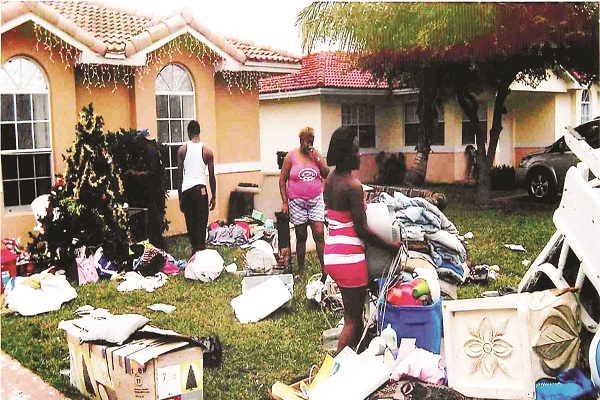
Nigeria’s increasing cost of living is triggering heightened tensions between landlords and tenants, causing friction over delayed rent payments and arbitrary rent hikes.
As the country grapples with economic challenges, including inflation, job losses, and a shrinking income, tenants struggle to meet their rent obligations, leading to strained relationships with landlords.
According to a report by Business Day, approximately 80% of the country’s population, estimated at 200 million, resides in rented accommodation.
The report indicates tenants spend over 50% of their income on rent, making it a significant financial burden. With poverty on the rise, instances of rent default are increasing, exacerbating conflicts between landlords and tenants.
The friction often stems from unjustifiable rent increases, excessive service charges, and landlords’ high-handedness.
Reports suggest that landlords, particularly those living off rental income, are also grappling with the impact of the high cost of living, as they face rising expenses for property maintenance and renovations amid soaring construction material prices.
On the other hand, tenants argue that the escalating cost of living, including food prices, energy costs, and transportation expenses, is making it difficult for them to meet their financial obligations.
The strained relationship between landlords and tenants is more pronounced in low-income settlements, where meagre incomes make rent payments challenging.
Additionally, serviced estates are feeling the impact of rising costs, particularly in energy expenses. Estate managers are passing on increased diesel prices to residents, leading to higher service charges for power supply.
The current economic challenges, including the removal of oil subsidies, naira devaluation, and high inflation, have contributed to the rising cost of living in the country.
As tensions persist, mediation and conflict resolution experts advise landlords and tenants to seek amicable solutions and avoid legal battles.
